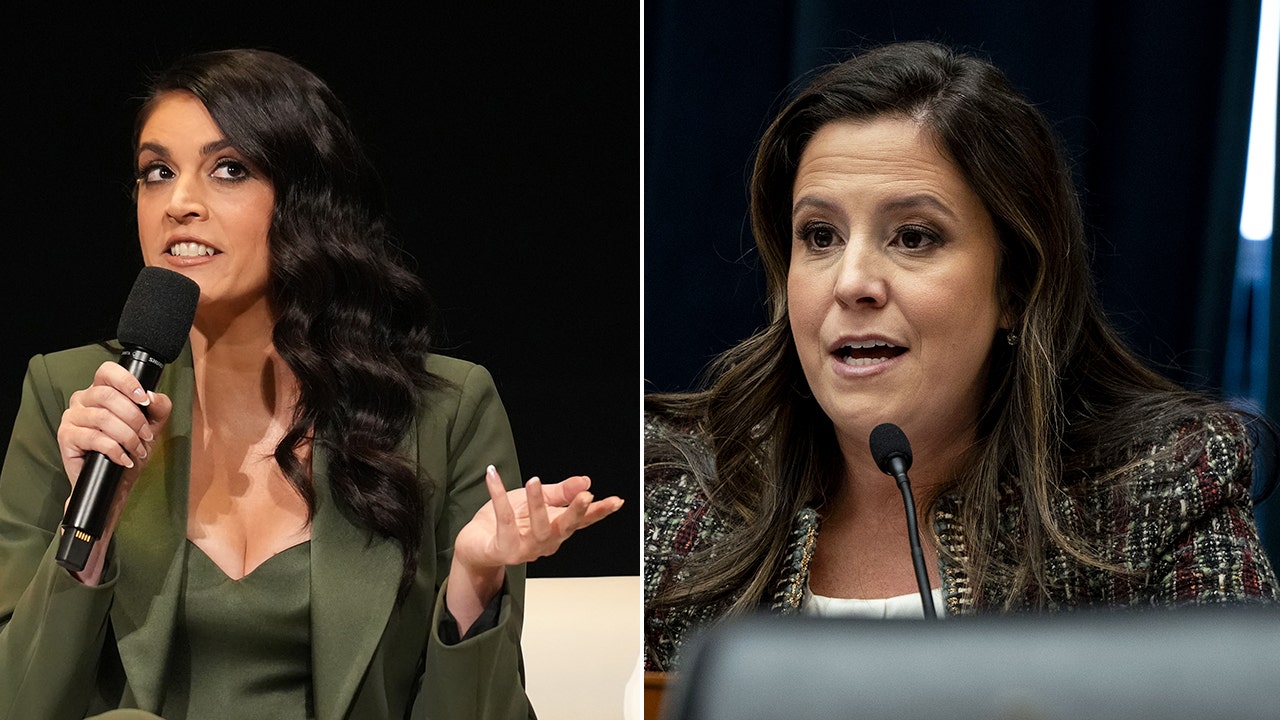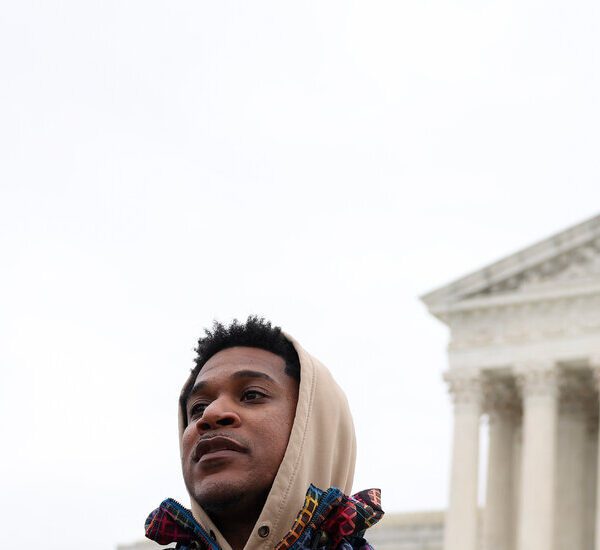The Trump administration may seek to have a federal judge enforce any deal it reaches with Columbia University in an arrangement that could ensure that the White House has a hand in the school’s dealings for years to come, according to four people with knowledge of the matter.
Administration officials are discussing the possibility of seeking a consent decree to ratify any agreement the White House reaches in its negotiations with the school, after the federal government canceled about $400 million in grants and contracts and accused Columbia of failing to stem harassment of Jewish students on campus last year.
A decree could allow President Trump to continue to exert power over one of New York City’s flagship universities, and could serve as a model for other schools seeking to negotiate with the White House.
But the university and the administration have yet to reach a deal, and putting a consent decree in place could require an extended process.
A spokeswoman for Columbia would not comment on whether the possibility of a consent decree had been raised. She said in a statement that “the university remains in active dialogue with the federal government to restore its critical research funding.”
In a consent decree, a judge ratifies an agreement between two parties — often the United States and an institution under scrutiny. The judge then has power to oversee the agreement, an arrangement that often lasts for years at a time. The administration’s pursuit of a consent decree was first reported by The Wall Street Journal.
But if a consent decree is under negotiation, either the administration or the school would probably have to file a lawsuit in federal court, which would serve as a vehicle for turning any deal into an agreement that could be overseen by a judge, said Tobias B. Wolff, a professor at the University of Pennsylvania’s law school who specializes in civil procedure and has written about consent decrees.
“Judges can’t just wave a wand and turn an agreement into a consent decree absent a lawsuit over which the court has proper jurisdiction,” Mr. Wolff said.
Neither the administration nor the school has filed a lawsuit. It is unclear whether the final version of any agreement would include a consent decree, and the White House has yet to sign off on the possibility of a consent decree, said two administration officials involved in the planning.
Administration officials have continued to negotiate with representatives for the school in the weeks since Columbia agreed to overhaul its security practices and protest policies, as well as increase oversight of its Middle Eastern studies department.
The possible pursuit of a consent decree grew out of a Trump administration task force dedicated to rooting out antisemitism, according to some of the people with knowledge of the matter. That task force initially focused on 10 universities, including Columbia.
Last week, Sean Keveney, acting general counsel of the Department of Health and Human Services and a task force member, deposed Katrina Armstrong, Columbia’s former interim president, as part of its ongoing investigation into civil rights violations against Jewish students at the school. In a leaked transcript of the deposition, Mr. Keveney repeatedly accused Dr. Armstrong, and the university, of not taking allegations of antisemitism seriously enough.
Devlin Barrett, Michael C. Bender and Sharon Otterman contributed reporting.















